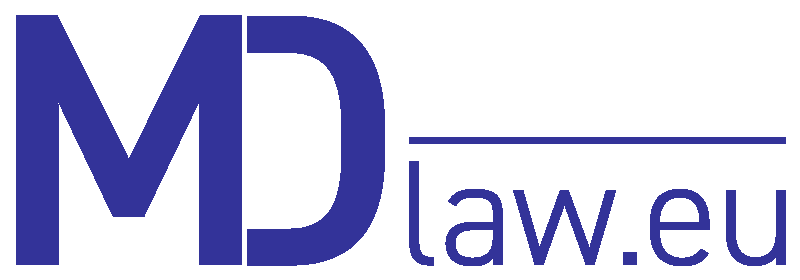On April 27, 2022, the Directorate-General for Health and Food Safety published a new Report on the exercise of the power to adopt delegated acts conferred on the Commission pursuant to Regulation (EU) 2017/745 on medical devices and Regulation (EU) 2017/746 on in vitro diagnostic medical devices.
The Report has found that due to the recent dates of application of both Regulations, the Commission has not yet had the chance to exercise the delegated powers. Therefore, the Commission seeks a tacit extension of such powers for a period of five years, in accordance with Article 115(2) of Regulation (EU) 2017/745 and Article 108(2) of Regulation (EU) 2017/746.
The delegated powers apply to:
- Products without an intended medical purpose – The Commission is empowered to amend Annex XVI of Regulation (EU) 2017/745 to create new groups of products;
- Amendment of the definition of ‘nanomaterial’ and related definitions – The Commission can amend the definitions of “nanomaterial”, “particle”, “agglomerate” and “aggregate” set out in Article 2(18), (19), (20) and (21) of Regulation (EU) 2017/745;
- Elements to be included in the technical documentation and technical documentation on post-market surveillance – In light of technical progress, the Commission can amend the content of the technical documentation and the technical documentation on post-market surveillance pursuant to Annexes II and III to Regulations (EU) 2017/745 and (EU) 2017/746;
- Exemption from the requirement of an implant card – The Commission can amend the list of implants included in Article 18(3) of Regulation (EU) 2017/745;
- Minimum content of the EU declaration of conformity – In light of technical progress, the Commission can amend the minimum content of the EU declaration of conformity set out in Annex IV to Regulations (EU) 2017/745 and (EU) 2017/746;
- Information to be submitted as part of the Unique Device Identification (UDI) system – In light of technical progress or international developments in the field of UDI, the Commission can amend Annex VI of Regulation (EU) 2017/745 and Regulation (EU) 2017/746;
- Frequency of complete re-assessment of notified bodies – The Commission can modify such frequency with regard to the fulfillment of the requirements in Annex VII to Regulation (EU) 2017/745 and Regulation (EU) 2017/746;
- Exemption of certain well-established technologies from assessment of technical documentation for every single device – The Commission can amend the list of devices in Article 52(4), second subparagraph, of Regulation (EU) 2017/745 by adding/removing other types of class IIb implantable;
- Minimum content of certificates issued by a notified body – In light of technical progress, the Commission can amend the minimum content of certificates issued by a notified body;
- Exemption of certain well-established technologies from assessment of technical documentation for every single device and from the requirement to perform clinical investigations – The Commission can amend the list of implantable devices exempted from the requirement to perform clinical investigations pursuant to Article 61(4) of Regulation (EU) 2017/745;
- Documentation regarding the application for clinical investigation and interventional clinical performance studies – In light of technical progress and global regulatory developments, the Commission can amend Annex XV, Chapter II, to Regulation (EU) 2017/745 and Annex XIV, Chapter I, to Regulation (EU) 2017/746;
- Tasks of expert panels and expert laboratories – The Commission can amend the tasks of expert panels and expert laboratories listed in Article 106(10) of Regulation (EU) 2017/745.
According to the Commission, maintaining a certain level of flexibility in the legal framework is key to protect the health and safety of patient, users, as well as public health.
Both the European Parliament and the Council are invited to take note of this report.
You can find the full text in our dedicated MDR Library – European Commission.


Leave a Reply